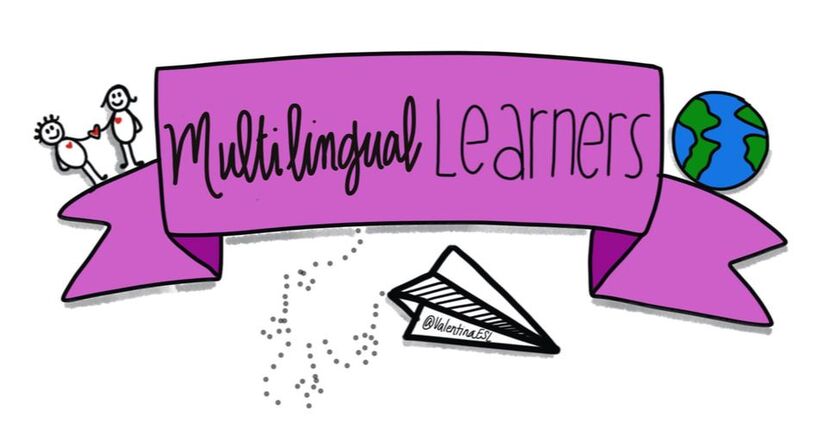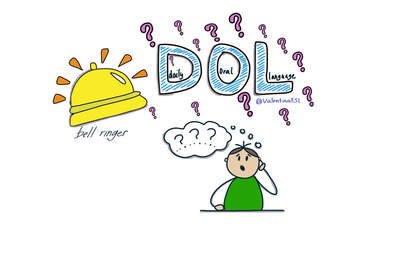(Daily Oral Language)Do any of you have a morning warm up where students have to look at a sentence that has mistakes in it and they have to correct it? We used to have our students "edit" a couple of sentences each morning. The sentences were riddled with errors and the kids were asked to find the errors and rewrite the sentence correctly. This was called DOL or Daily Oral Language. I'm not sure why...It was DAILY. That's the only thing correct about the title. It was not oral and it was a terrible example of language. Looking back on this practice, I feel badly that we asked our students to read sentences that we knew were incorrect. Now that we know better, we do better. I don't want my students to be exposed to incorrect grammar if they don't need to be. What's the purpose? Would I want to expose them to incorrect oral grammar just so I could ask them to tell me how people should have spoken the words correctly? No, of course not. I don't want my students exposed to incorrect anything!
Think of it this way...would you want your son to hang around a kid who was a bad example? Just so you could ask him later to tell you everything the bad example did wrong and how he would do it right? No! DOL was the bad example that I didn't want my kids hanging around. So I began to think, "What was the intention of my old DOL practice?" and "How can I achieve the same goal in a more effective manner?" One goal was for students to revise and edit. How can I do that without giving them bad examples? The answer was that revising and editing needed to be part of their authentic writing process. It was not natural for this procedure to happen as a warm-up. It was too isolated. If students needed more guidance in revising and editing, we could do shared revising and editing using Cooperative Group Paragraphs (a Project GLAD strategy). Another thing I wanted for my students was for them to be able to grow as writers. DOL wasn't fully achieving that goal. Instead, I began implementing a flipped technique. Rather than giving students sentences that were incorrect, I gave them sentences that were CORRECT! Novel idea, right? And I asked them to write their own sentences modeled after the example sentence. The sentences grew in complexity throughout the week and year. They started small and ended with elaborate details. If I needed students to learn about using commas in a series, guess what my example sentence had? Yep! Commas in a series. We discussed the features and what made the sentences unique and shared our sentences in groups. This was so much more effective! The last thing my ELLs needed was examples of English writing that were incorrect. They were learning English. I needed them exposed to correct English grammar as much as possible. Let me know what you think or how you've handled this type of DOL situation.
Sandra Madeline Hall
9/6/2021 11:13:40 pm
Where can I get a no prep set of these sentences? Comments are closed.
|
Categories
All
|


 RSS Feed
RSS Feed
